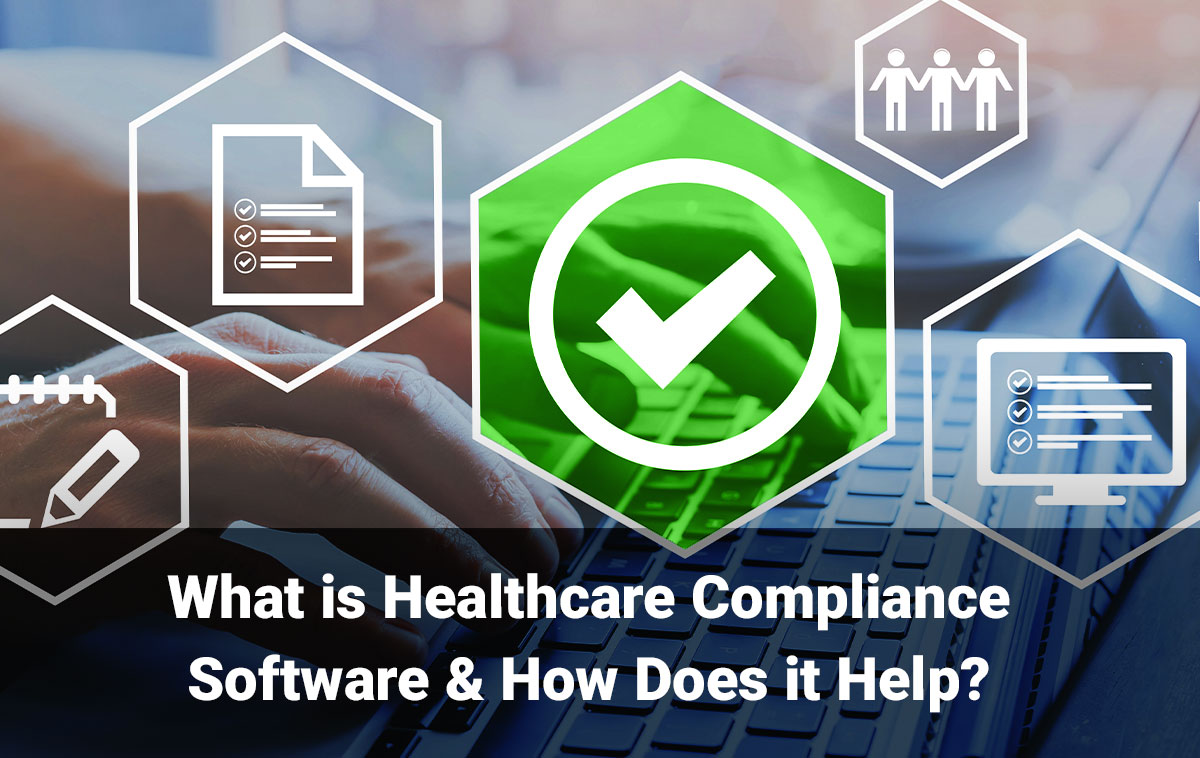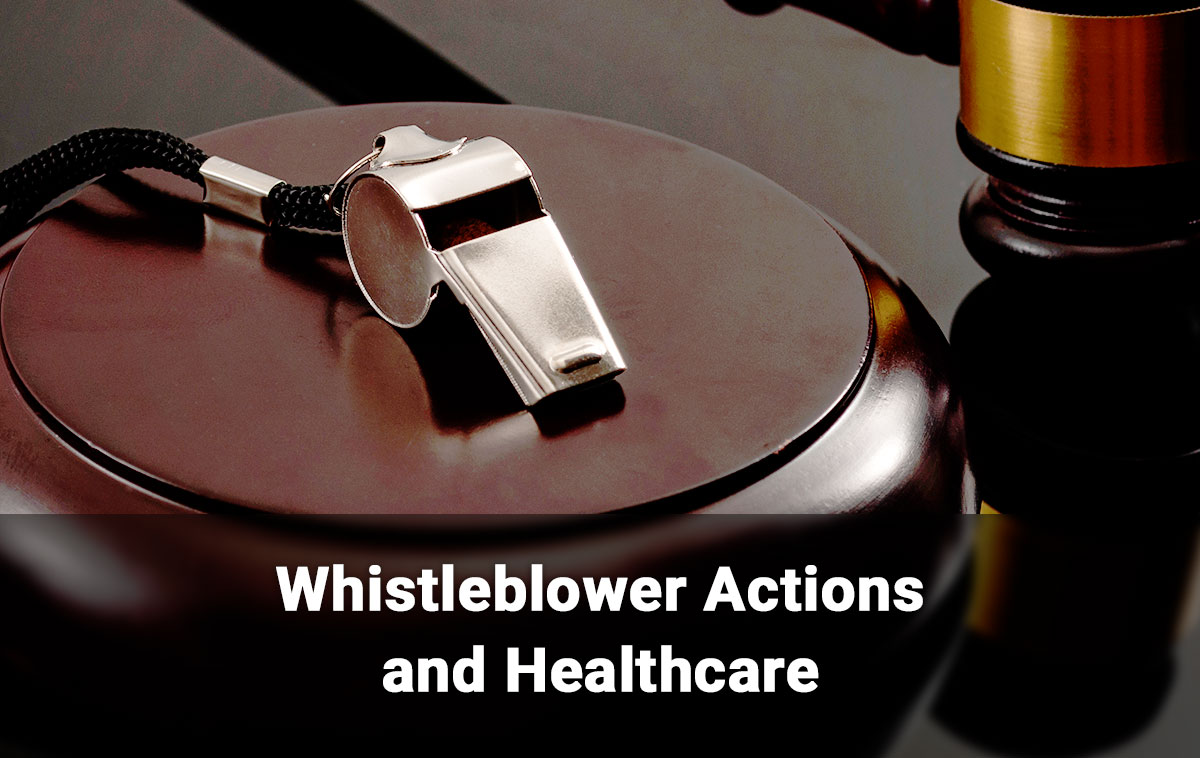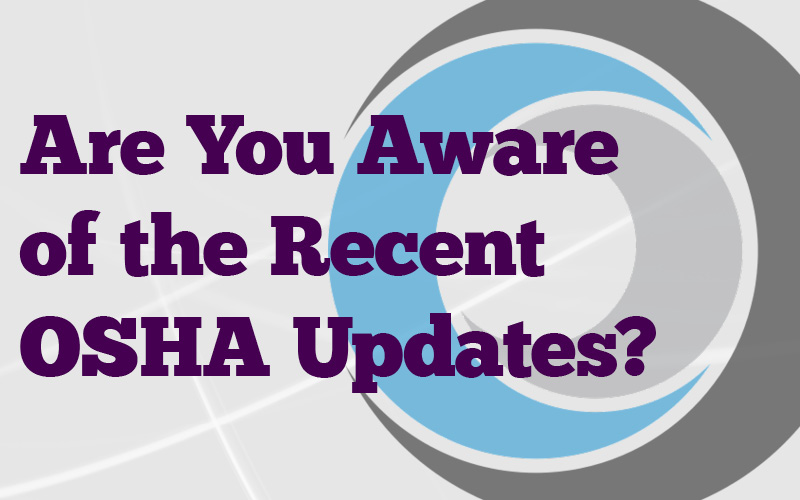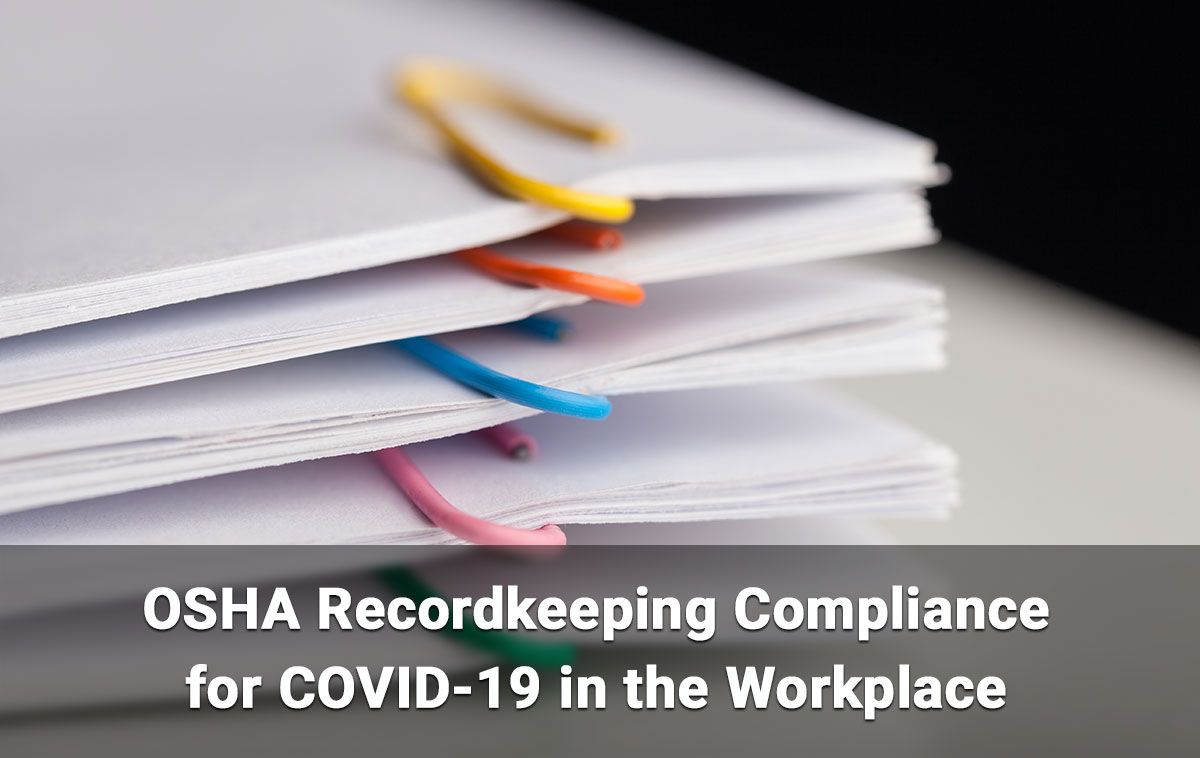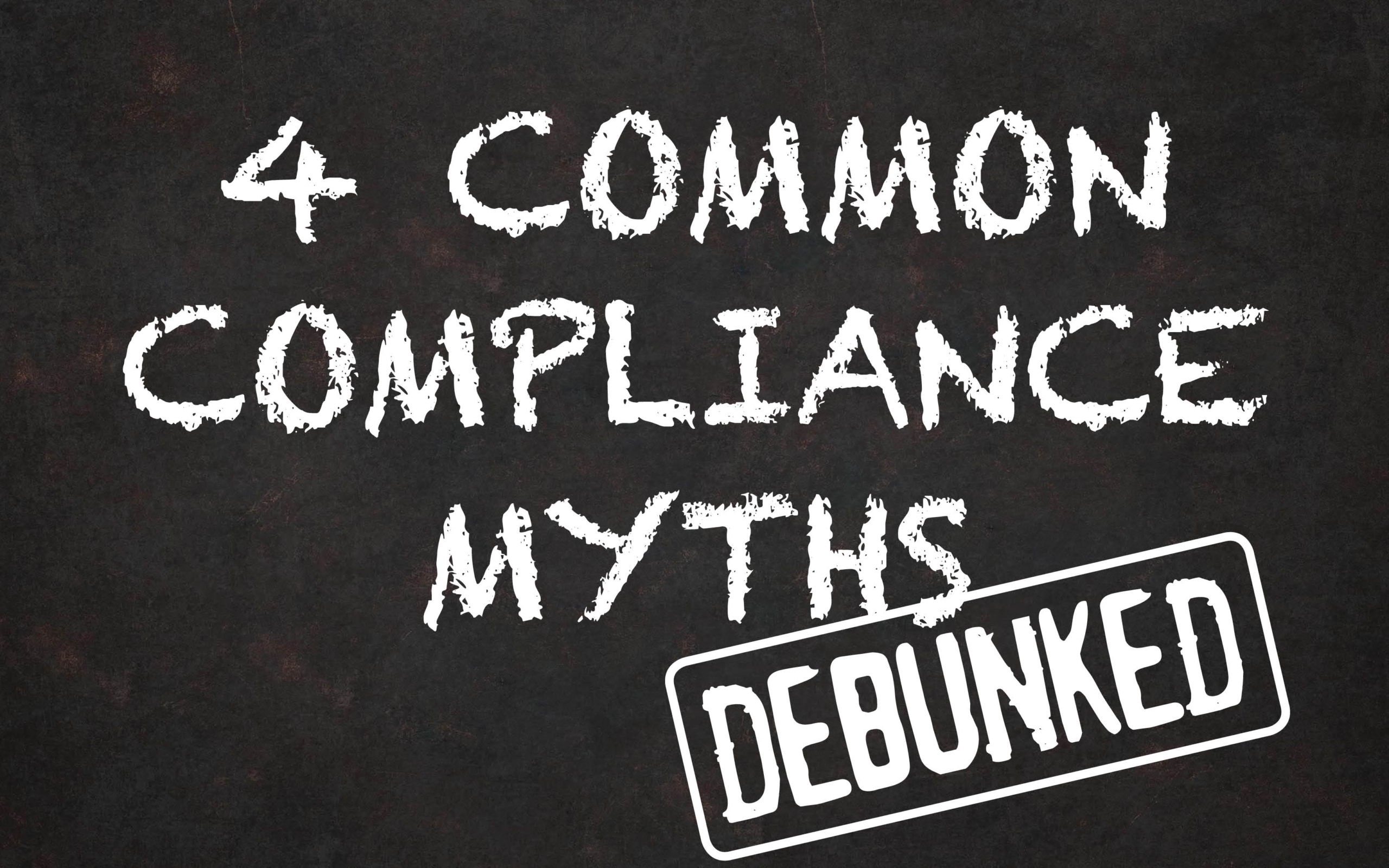What is Healthcare Compliance Software & How Does it Help?
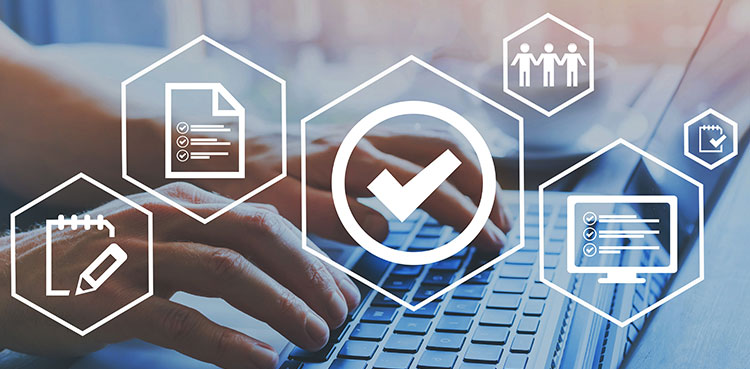
Healthcare is a highly regulated industry in the United States. Amid intensifying focus on accountability, the market for patient safety and risk management is projected to grow from $1.3 billion in 2019 to $2.2 billion by 2024, according to figures released by MarketsandMarkets. The growth is expected to be driven by the perceived need to minimize incidents of medical error, improve patient care and curtail costs.
Managing compliance means that healthcare organizations must adhere to ever changing regulations in the area of HIPAA, OSHA, Federal Fraud Waste and Abuse laws (FWA) and human resources and state laws. Against this backdrop, healthcare compliance software has become an indispensable part of the industry.
Healthcare Compliance Software: What is It?
Healthcare compliance software ensures that hospitals and healthcare organizations can easily adhere to all the regulations mandated by the government. The solution also ensures that healthcare providers can revise their compliance practices based on changing regulations.
Technological advancements have made it easier and more cost effective to collate, safely store and transfer reports to the board to ensure compliance. A cloud-based solution offers flexibility and scalability, requires no IT investment by hospitals and practices, and can include facilities like live support, according to experts at First Healthcare Compliance.
Benefits of Healthcare Compliance Software
Not all healthcare compliance solutions are the same. The benefits from a powerful software solution include:
- Provides flexibility for use by hospitals and healthcare providers of all types and sizes
- Helps avoid compliance violation fines
- Reduces the cost of compliance
- Reduces the need for resources dedicated to ensuring compliance
- Saves time
- Trains healthcare staff on compliance protocols
- Facilitates successful deployment and maintenance of a compliance program
- Reduces risk of fraud and abuse
- Improves quality of healthcare services
- Helps stay organized, with better collaboration
- Creates real time insight across all locations
The right healthcare compliance software can lower an employee’s time spent on compliance from an average of 15 hours per month to less than 2 hours, says a post on Software Advice. The best software providers also help you stay abreast of compliance matters through blogs, webinars, whitepapers, and other resources.

